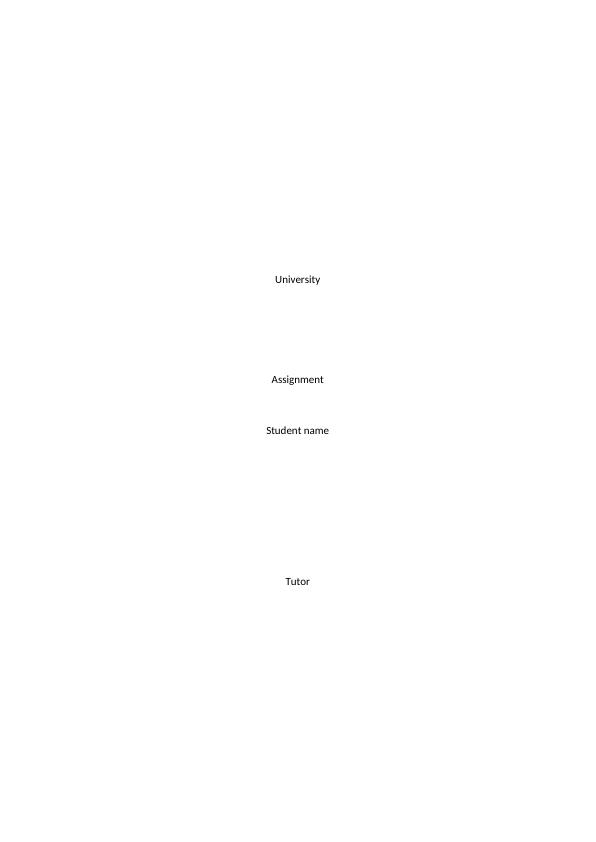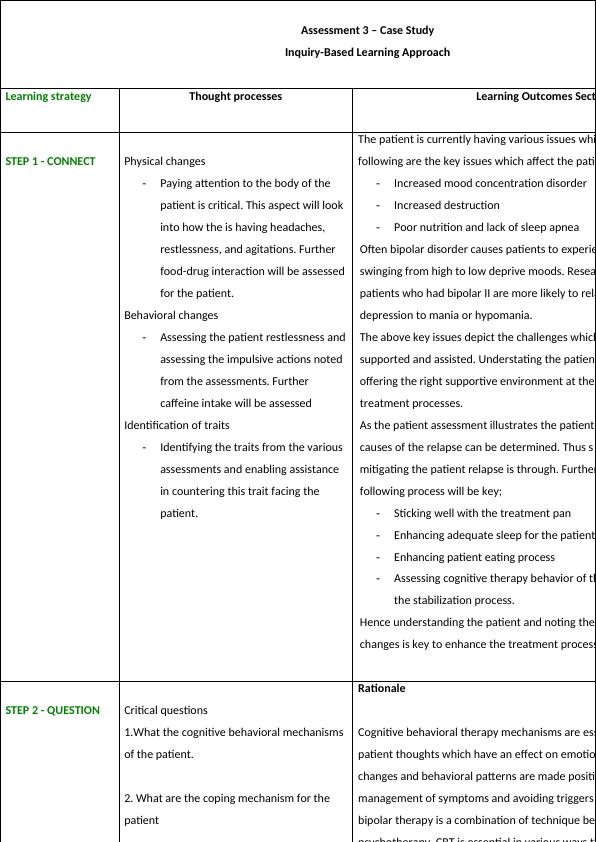Mental Health Case Study Assessment: Inquiry-Based Learning Approach
Added on 2023-06-05
5 Pages883 Words81 Views
End of preview
Want to access all the pages? Upload your documents or become a member.
(Doc) Defining mental health and mental illness
|12
|4497
|35
Schizoaffective Disorder Case Study
|12
|3126
|29
Blog Reflection On Patient B Case Study
|2
|461
|75
Mental Health Recovery Focussed Care Plan
|9
|2086
|80
Nursing Care and Recovery Plan for Bipolar Affective Disorder
|21
|3449
|109
Handling Mental Health Disorders: Chung, A Case Study
|5
|1011
|415


